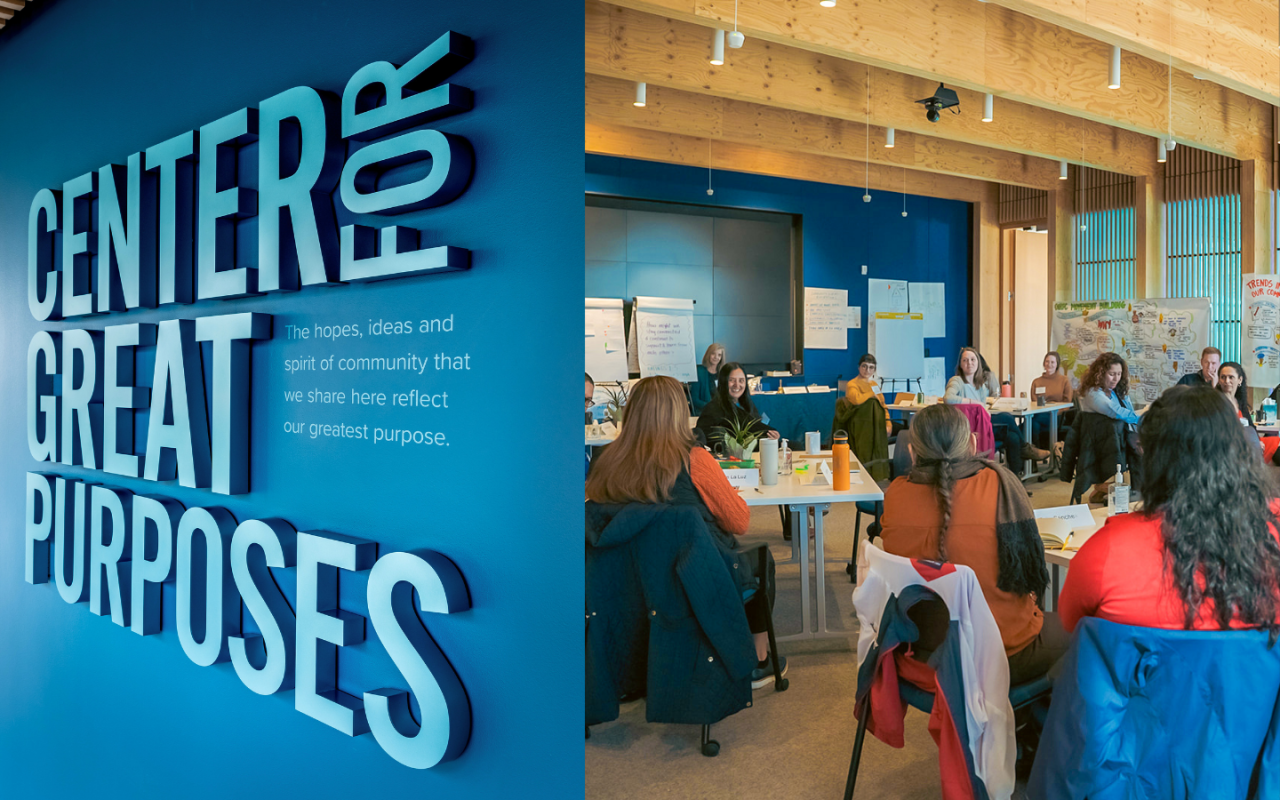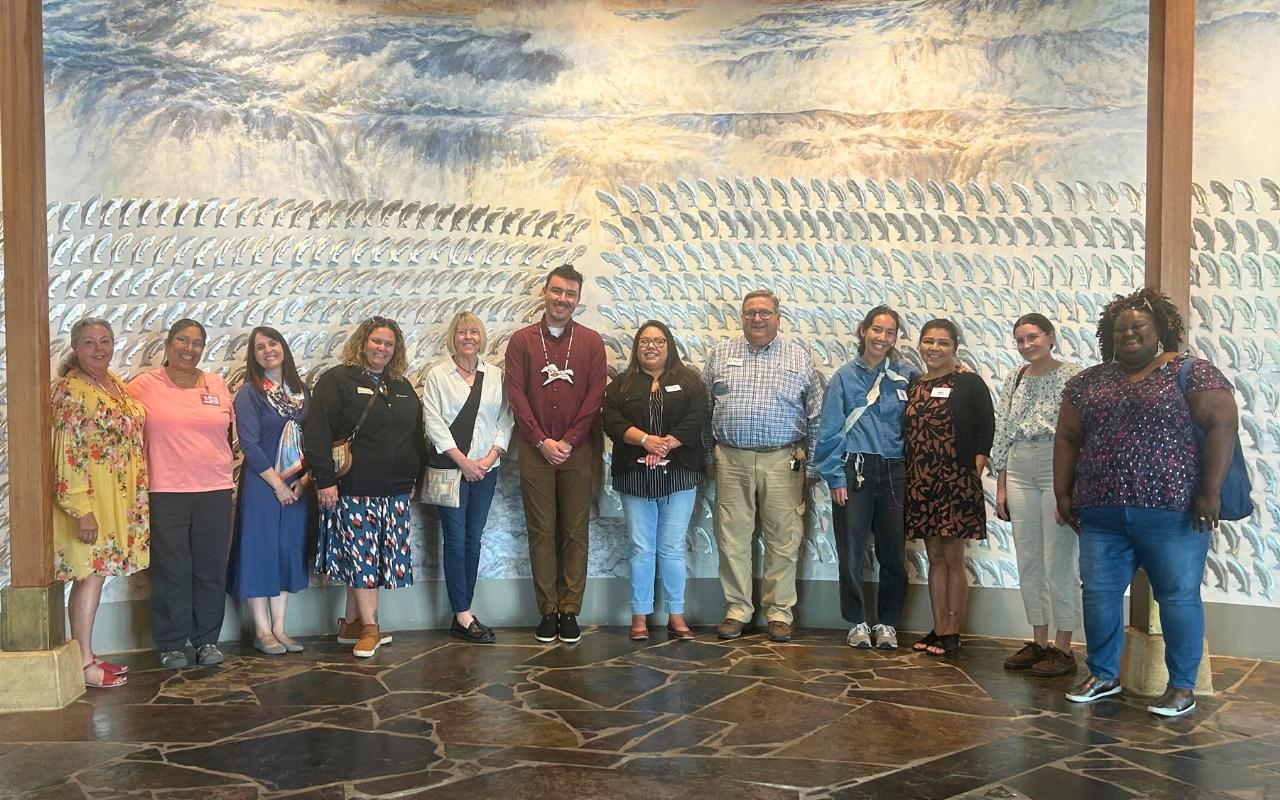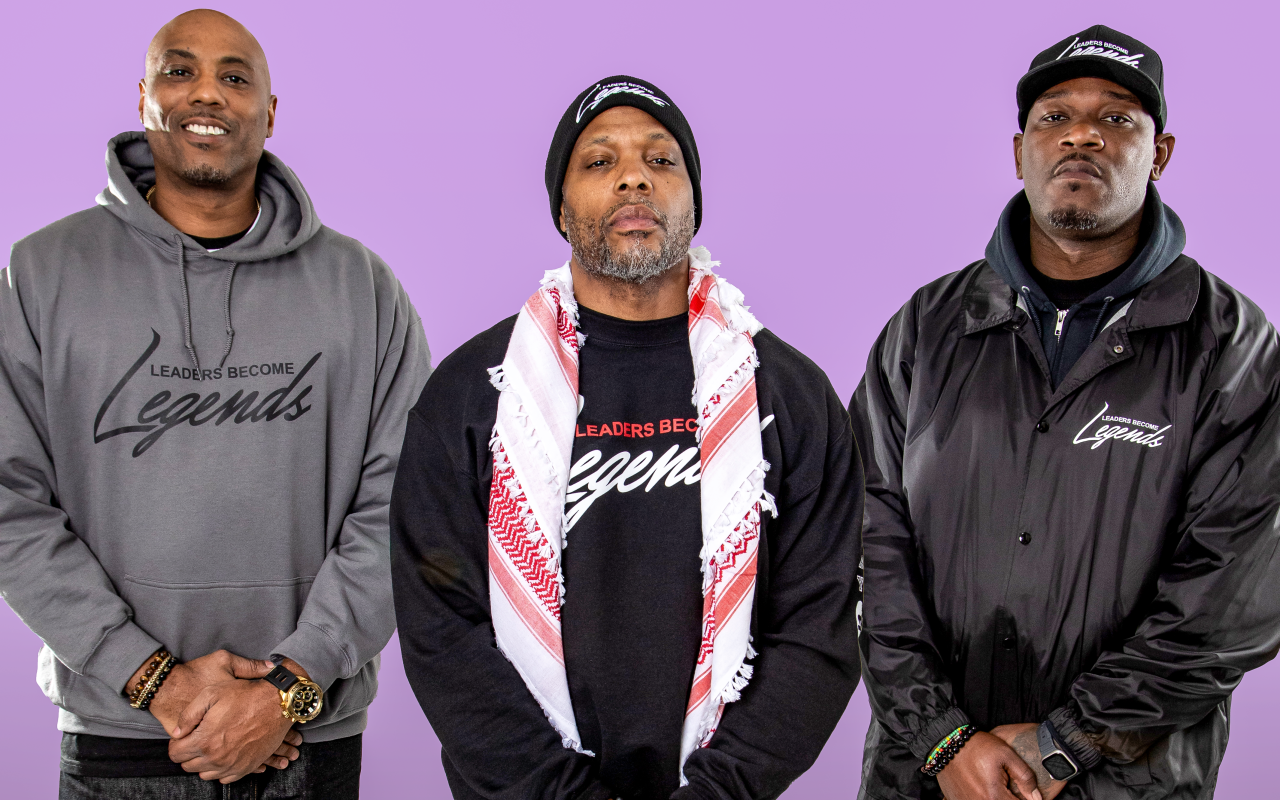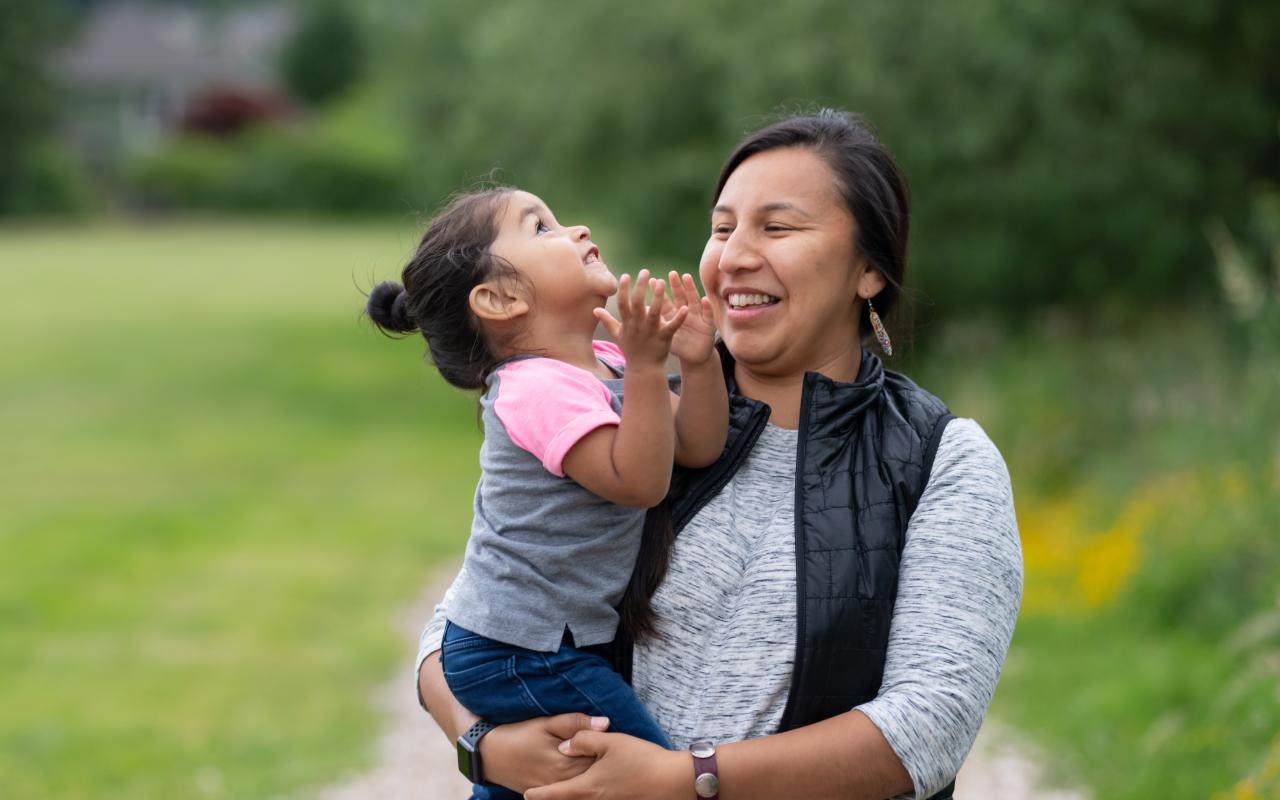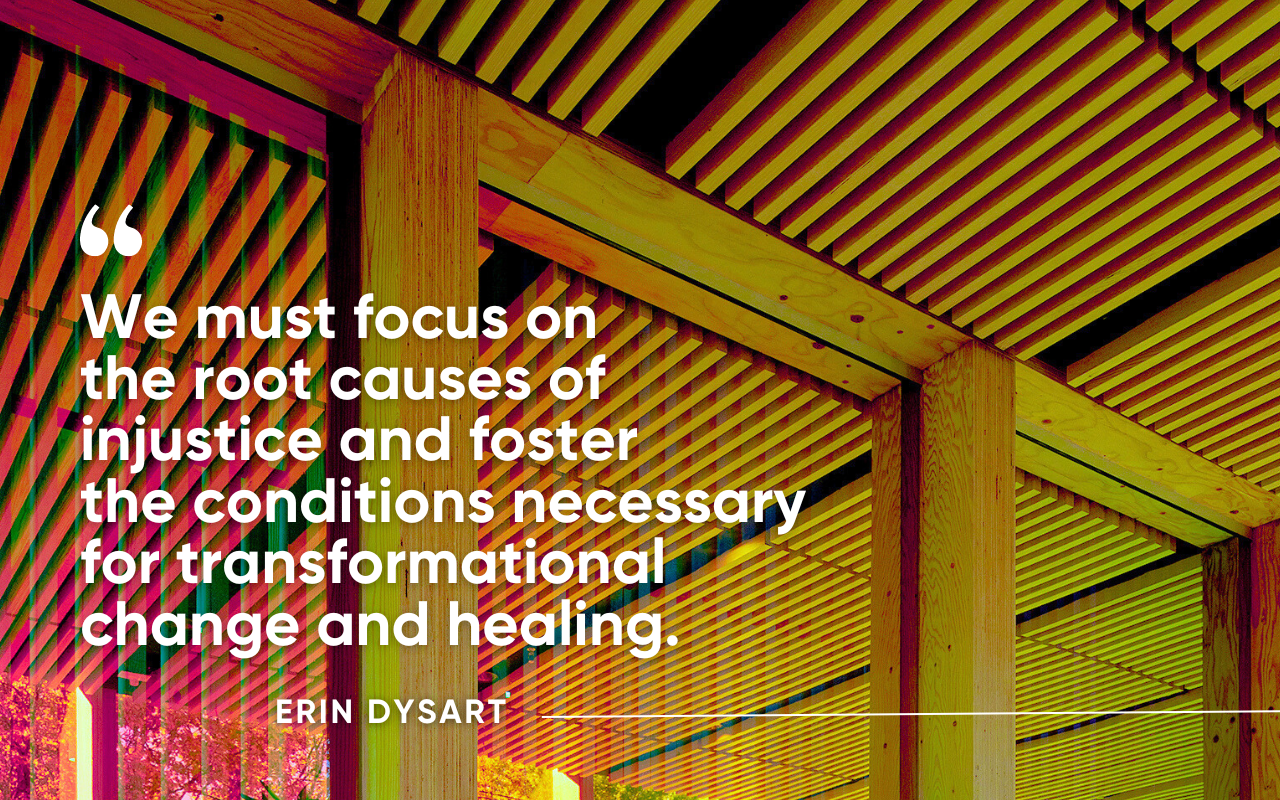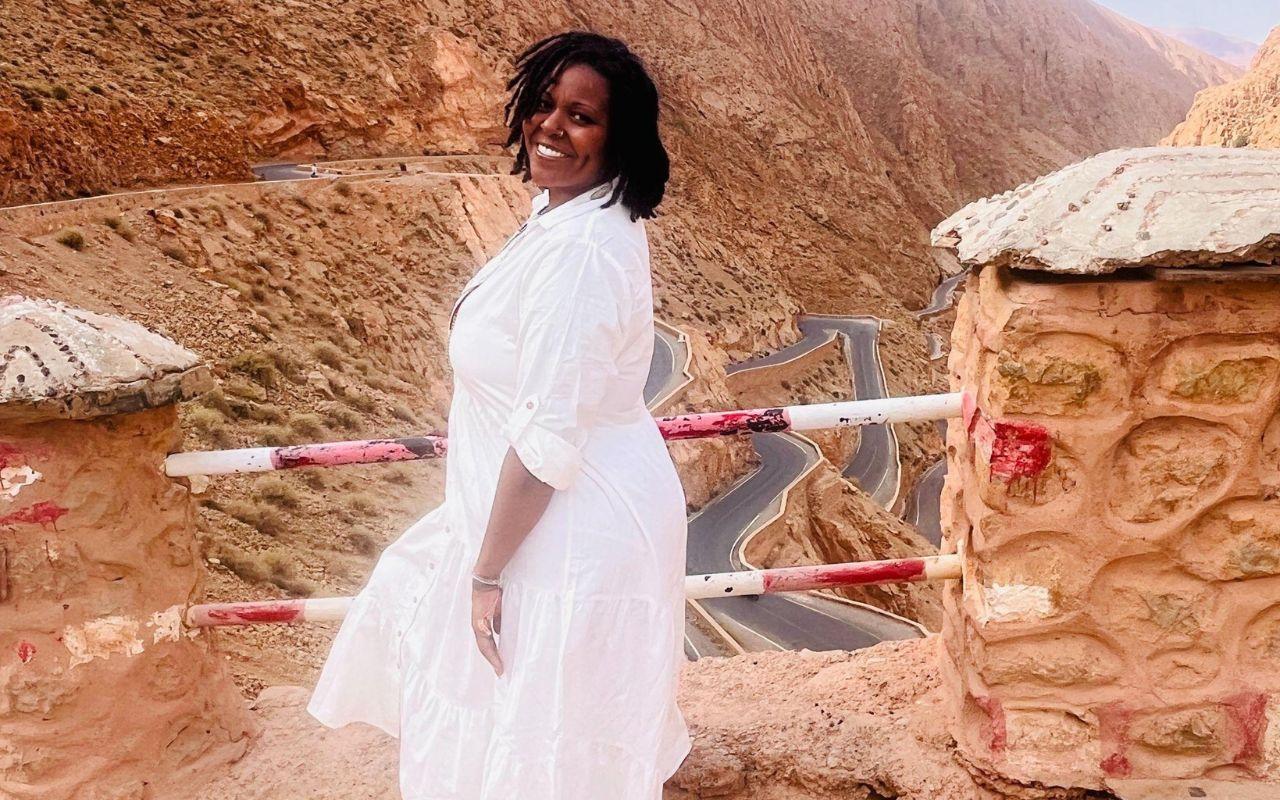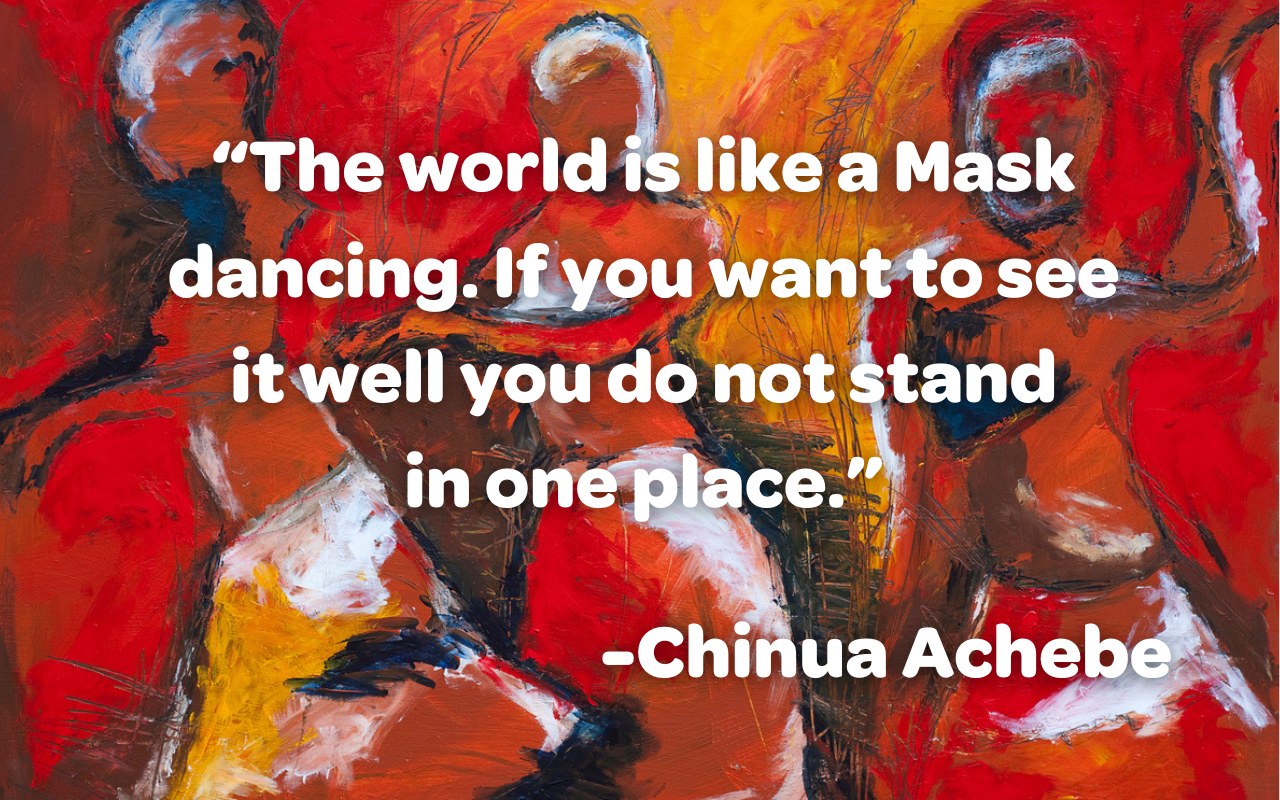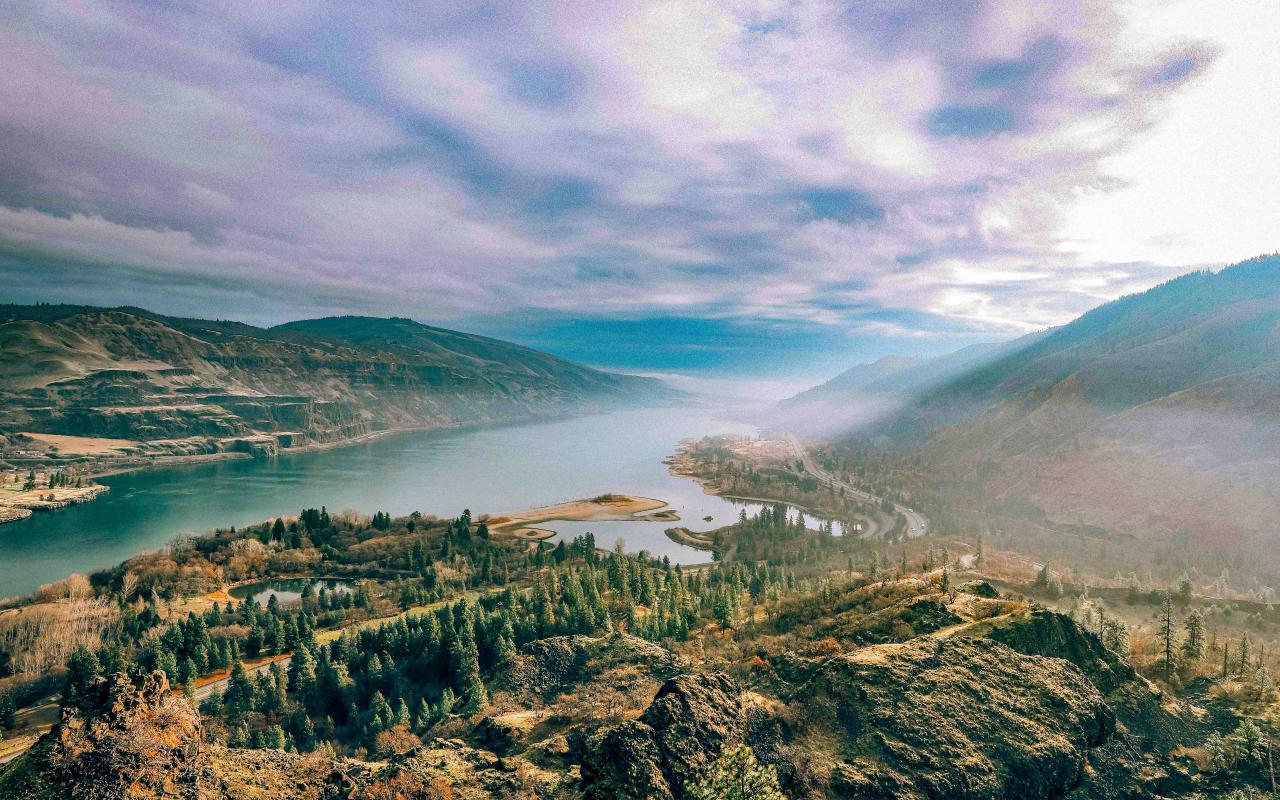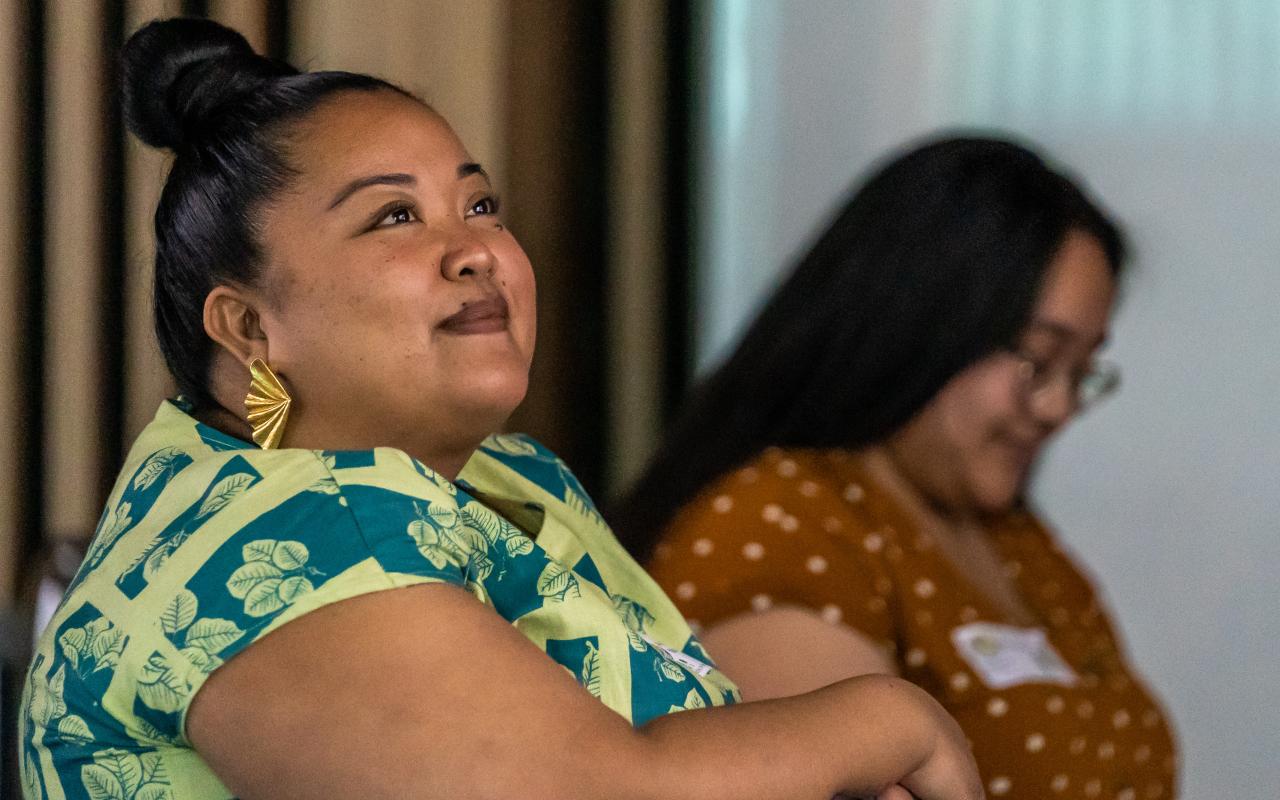Oregon Leaders You Should Know: Erin Kothari
“When you get these jobs that you have been so brilliantly trained for, just remember that your real job is that if you are free, you need to free somebody else. If you have some power, then your job is to empower somebody else creative." - Toni Morrison
With the future of democracy at the forefront of our minds, we met up with Erin Kothari, the executive director of Oregon Futures Lab, to learn more about her organization’s philosophy on BIPOC leadership development and what keeps her grounded.
What drives you?
I come from a long line of strong women. I’m a hometown girl; a third-generation Japanese American originally from Gresham. My great-grandmother and grandmother ran a grocery store, and they worked hard to build something meaningful for their community. I feel a duty to carry that forward in my own way. It’s about justice, service and showing up for my community. I want to make a difference, but I also want to make sure that future leaders — especially those from underrepresented backgrounds — are set up to thrive.
What’s new at Oregon Futures Lab?
One of the main programs we launched in 2022 and continue today is called Care for Disruptive Leadership. It’s a six-month cohort program focused on trauma-informed care and wellness. We designed it to help local elected officials, especially those who are either the first or the only in their positions, find community, identify stressors and receive the support they need to continue their work. A major realization was that leaders need more than just technical skills — they need to be cared for and supported to succeed. The long-term goal is not just to sustain individuals, but to cultivate a leadership pipeline that reflects our communities and supports them throughout their journey.
How have other leadership programs been taking shape?
The BIPOC Executive Director Support Cohort is a program we launched this year, specifically for BIPOC executive directors. After extensive interviews with leaders across Oregon, we realized there was a need for a space where they could connect, build relationships and address challenges unique to their roles. This program started with 15 executive directors, and we’ve been meeting monthly for professional development, workshops and retreats. It’s been a great first year, and we’re already planning for next year to deepen those relationships.
How do you manage your own self-care as a leader?
Honestly, it’s tough. Care for Disruptive Leadership is designed to support leaders, but sometimes even I struggle to prioritize myself. We have to create intentional spaces for leaders to seek care, which is something I try to remind myself to do, too. Leaders need grace, curiosity, and opportunities for rest, and that’s something I’m still learning to balance. I think, for leaders, it’s important to ask for grace, not just from others but from ourselves. We need to remind each other that no one can do it all. The critique culture is strong, but what we need more of is a culture of cultivation — supporting and uplifting leaders instead of just holding them accountable.
What is the future you envision for your community?
I believe the future of leadership in Oregon is BIPOC. The demographics of our student population reflect that, and I think we’re heading toward a future where leadership at every level is more diverse. That’s why it’s so important to invest in and sustain these leaders now. If we’re going to achieve a racially just Oregon, we need leaders who reflect our communities and are supported holistically in their roles. It’s not just about putting someone in a position — it’s about giving them the tools and community they need to thrive.
As the election approaches, what is top of mind for you?
I'm feeling excited and optimistic. While we may not win every race, success shouldn't be defined solely by wins or losses. This election will offer valuable lessons, especially in Oregon, that will make us more organized and effective in the future. I believe movement building is evolving, and we need to focus on authentic, one-on-one connections to meet our communities' needs.
What's something that recently brought you joy?
Connecting with my community and seeing leaders find their stride brings me a lot of joy. Recently, I’ve been enjoying small moments with my kids — just spending time with them, seeing the world through their eyes. It reminds me why I’m doing this work, and it helps me stay grounded.
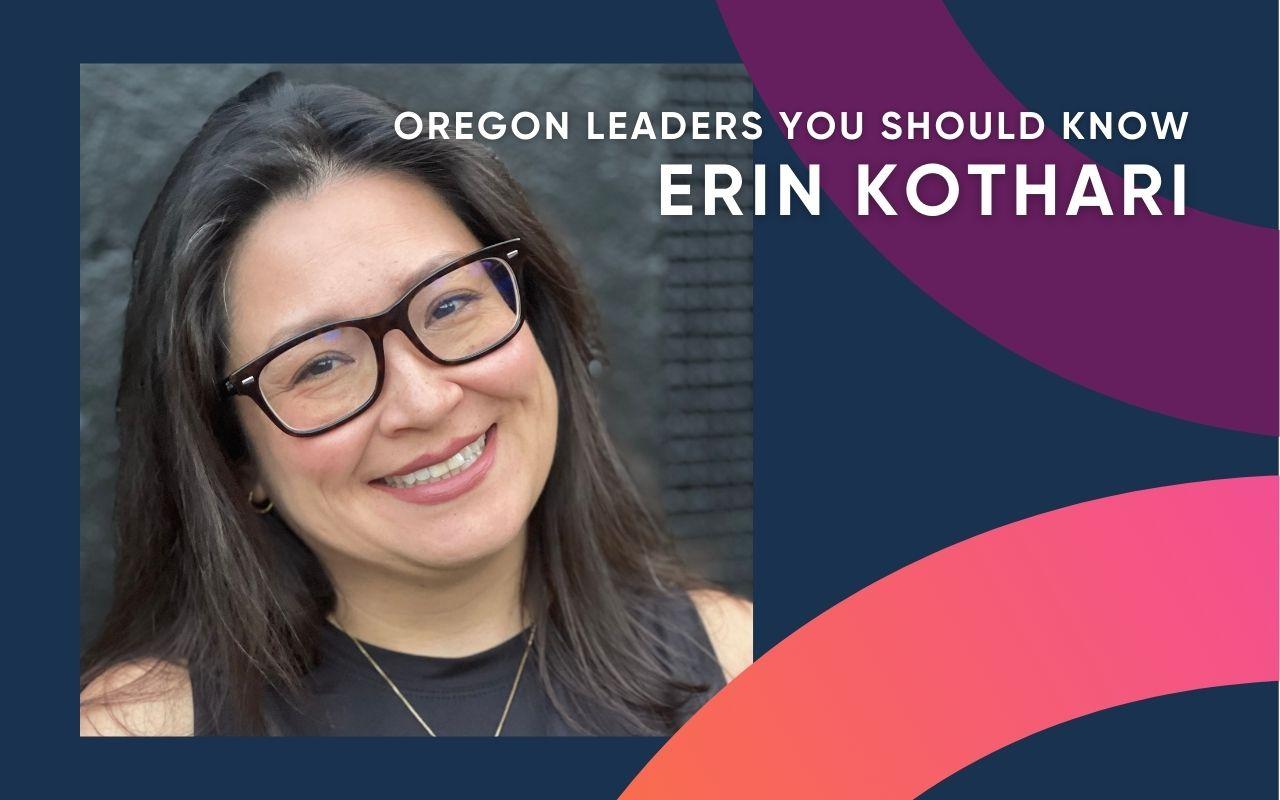
A portrait of Oregon Futures Lab Executive Director Erin Kothari at the Oregon Justice Resource Center

